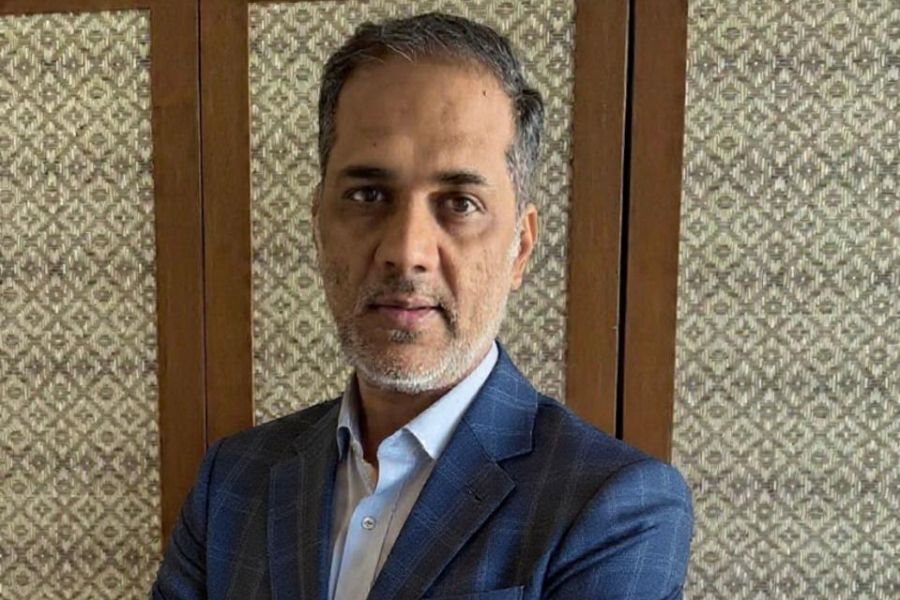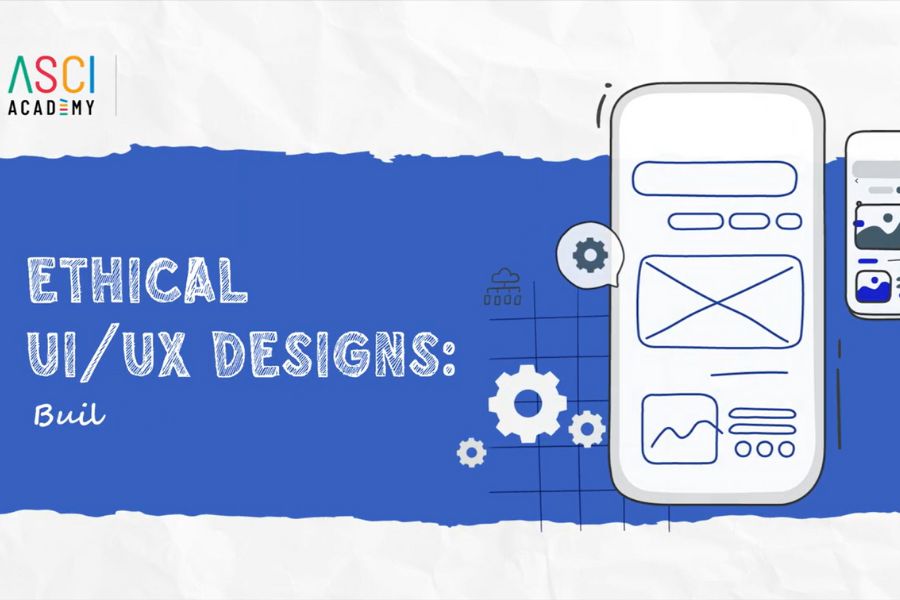The annual Cannes Lions festival is proof to the effect that irrespective of future media challenges, shrinking margins, attrition woes and other grievances, the advertising industry hasn’t lost any of the inspiration, magic or glamour that dyed in the wool cynics say went out of the window years ago. You may hate the suits in your team/ your client’s guts or your boss for 358 days of the year, but come Cannes time, and it all seems worth it for those seven days in the South of France.
This year, on day one, as speakers debated about engagement metrics, showcased some of the best digital work and attempted to chart out the best way to reach out to the ‘Always connected’ consumer of today, it would be safe to surmise that Digital will occupy most of the conversations and seminars. The festival began with Federico Grosso, senior vice president, business development, Blinkx presenting his case on what he termed as the next big thing in online search- contextually matching advertising with relevant video content.
Speaking about the challenges in the digital space, Grosso said with Web 2.0, the old argument that online communication was cold and unable to strike an emotional chord with consumers was invalid as it had empowered users through user generated content and richer online content which allowed for deeper engagement.
“Broadband has allowed the net to be a richer place’, he added, saying, ‘It is fair to say that the web is moving increasingly towards a video centric experience, having on the one side, the incredible targeting ability of the Internet and also the explosion of user generated content on the web. Now we are seeing prime time broadcast quality content through players like BBC and NBC pushing their content online.” What Blinkx offers is contextual matching of advertising with relevant rich media content. Grosso added that the single biggest challenge for users was how to find video content they were looking for, given that searching for video content is much harder than text search and Blinkx attempts to solve that puzzle.
Telstra’s group managing director, Justin Milne spoke about the evolution of the company from a traditional telecom brand to what he termed as a successful media communications company, pushing as they did sports, entertainment and gaming content across online and mobile platforms to audiences in Australia.
The debate titled involving Accenture’s Mark Inskip, ING Direct’s Ariel Steinmann, Ichameleon’s Freddie Laker and moderated by Accenture’s Nick Smith gave interesting insights on the now age old question; what came first- Creativity or Technology; in other words, what is more critical when devising online campaigns between the two.
Ichameleon’s Laker supported the idea that creativity was at the centre of all online communication, with technology being secondary. He felt that the fundamental issue was that verticals within agencies tended to exist in silos. He said increased cross training at agencies would help in arriving at efficient online solutions. Accenture’s Inskip argued that while one might get user attention through a compelling creative idea on a website, the same was not enough to sustain user traffic online. He said that metrics were required to assess the measurable benefits of an online campaign.
Landor Associate’s Peter Knapp made a strong case for the importance of unique and compelling design as it ultimately drive desire for a brand and ultimately a sale. Generously sprinkled with case studies from Landor’s clients around the world, including one for Russia’s Siberian Airlines, Knapp took the audience through the changing definition of what constituted good design, and how design could be extremely subjective.
FEDMA’s session titled ‘At Last, DM gets sexy’ conducted by Creativity Matters’ Patrick Collister was quite entertaining, shedding light on the blurring lines between above the line and below the line marketing communications and felt that increasingly communication was becoming a little bit of both. Giving the example of the UK market, he said that while the last 4 quarters had seen a decline in spends in above the line, there had been a rise in the creativity seen in the DM category. Collister theorized that unlike the traditional horizontal line dividing above the line from below the line, the new paradigm demanded a vertical line that would integrate brand, retention and acquisition.
Rapp Collins’ Ian Haworth (pictured) spoke about the emergence of belief based advertising, where brands are increasingly looking at building a belief system for themselves that will engage with consumers on a deeper more intrinsic level. Citing the example of brands like Nike Plus, Dove, Gatorade and Scion, Haworth added that this was however a double edged sword and companies who faked it, would pay a heavy price for it.
The second day promises more debate and discussion. Networkone will talk about the benefits of aligning with the independent agency network while R3’s session will cover insights into Chinese advertising. Proximity will present a case for the Lost Generation, or the one time ‘no logo’ people while Draftfcb will present a session on responsible marketing.




